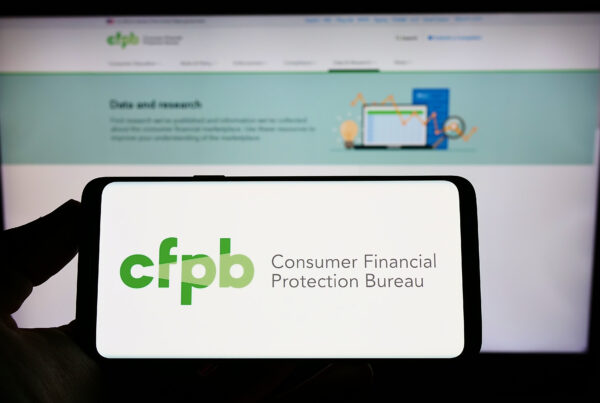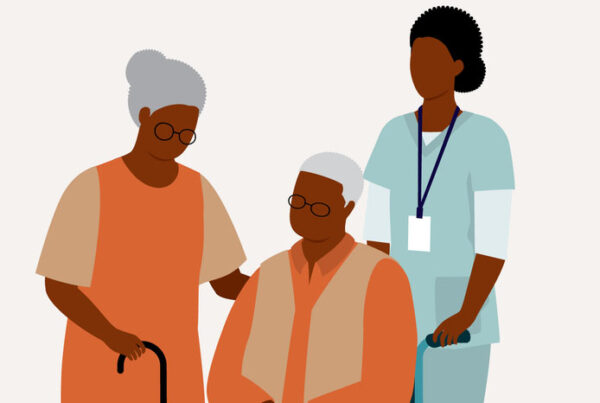By Lakshmi Mahadevan, Ph.D.
For individuals with disabilities, the process of finding and keeping a job can be anxiety-provoking. Learning and applying skills such as resume writing, job application, cover letter writing, interviewing, communicating on the job, and work ethic can all test one’s resilience. It is, therefore, necessary that one develops and builds resilience along with other employability skills.
How does one build resilience?
- Begin by asserting to yourself, “I am already resilient”.
- I am resilient because,
- I am excited about the future.
- I plan ahead.
- I think about the consequences of my and others’ actions.
- I like to think about the pros and cons of a plan.
- I make plans for the future and take concrete steps – for instance, book travel six months ahead?
- I look forward to the next version of my personal device – phone/tablet/computer/video game?
- I read a book that I know is in or will be a series and that’s why I chose it?
- I get up and go about my day every morning no matter how bad the previous day was.
- I can also add to my resilience by,
- Knowing what stresses me.
- Was it something that was said?
- Was it something that was not said?
- Was it a question that was unexpected?
- Was it something that was done?
- Was it something that was not done?
- Is it a problem that recurs?
- Knowing what stresses me.
-
- Figuring out what self-care activities help me the most.
- What physical activities help me? – Exercise, Walk, Sit on the grass
- What psychological activities help me? – Journaling
- What emotional activities help me? – Laughter, crying, screaming, silence
- What spiritual activities help me? – Prayer, Chanting, Faith-based
- What relationships help me? – Specific family member, friend, spouse/partner, pet
- What work activities help me? – Completing a task earlier than the deadline, tacking pending email, taking on a challenge
- What combination of the above helps me?
- What doesn’t help me?
- Tip: Consult your person-centered plan to answer the questions –
- What is important to you?
- What is important for you?
- Tip: Consult your person-centered plan to answer the questions –
- Figuring out what self-care activities help me the most.
-
- Assessing how stressed I am and planning extra self-care time to cope.
- Tip: Use the following scale to name or number the feeling:
- Assessing how stressed I am and planning extra self-care time to cope.

-
- If I feel between 8 and 11, use my five senses to distract from negative or anxious thoughts.
- Look at tomorrow’s or even the next week’s calendar.
- Take a deep breath (inhale four seconds by counting in my mind, hold and breath out).
- Squeeze a stress ball.
- Write or type a journal note.
- Know and internalize that “This too shall pass” is not just a saying.
- If I feel between 8 and 11, use my five senses to distract from negative or anxious thoughts.













